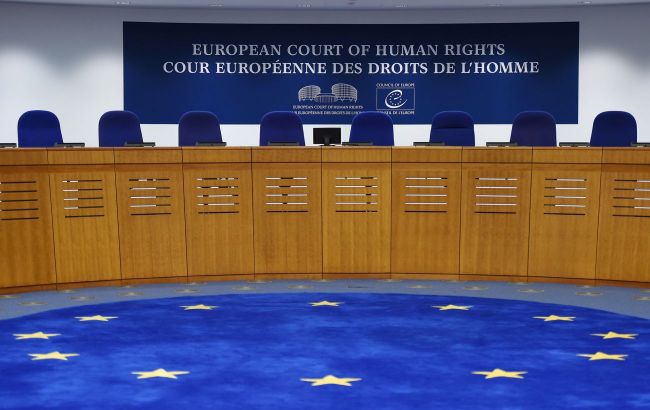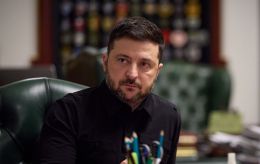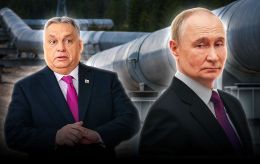ECHR judge on how to confiscate Russian assets in favor of Ukraine
 ECHR (Getty Images)
ECHR (Getty Images)
The decisions of the European Court of Human Rights (ECHR) hold significant importance for Western countries, as they lay the groundwork for crucial actions, including the confiscation of Russian assets, according to Ukrainian ECHR judge Mykola Hnatovskyi in an interview with RBC-Ukraine.
“We’re in Europe, and our main allies are Europeans. So-called 'Western states' in the broadest sense. These are states that uphold the rule of law and claim to be guided by it. They decide whether to support Ukraine and how to support it,” Hnatovskyi said.
According to Hnatovskyi, when there are relevant ECHR rulings, these provide a legal basis for decisions regarding support for Ukraine, including military assistance. Although the ECHR does not explicitly address military support, its rulings serve as foundational support.
“For example, states make decisions about freezing and seizing Russian assets and using them to support Ukraine. ECHR decisions contribute to creating the legal basis without which European countries wouldn't go far,” he said.
Hnatovskyi believes that with this legal foundation, these states feel much more confident in their actions. They can always respond to their opponents: “We’re doing this because international law needs to be restored, and its violation was confirmed by a competent international court, in this case, the ECHR.”
Russian assets
Most of the frozen Russian assets are located in Europe. The EU has yet to decide on the confiscation of these assets for the benefit of Ukraine. Instead, revenues from these assets are being transferred to Kyiv.
For instance, Euroclear made its first payment of €1.55 billion to the fund for aiding Ukraine. The clearinghouse is holding €173 billion related to sanctioned Russian assets, including frozen assets from its central bank.
Additionally, the EU will provide Ukraine with a €35 billion loan, which will be secured by frozen Russian assets, and Kyiv will not be required to repay this money.

